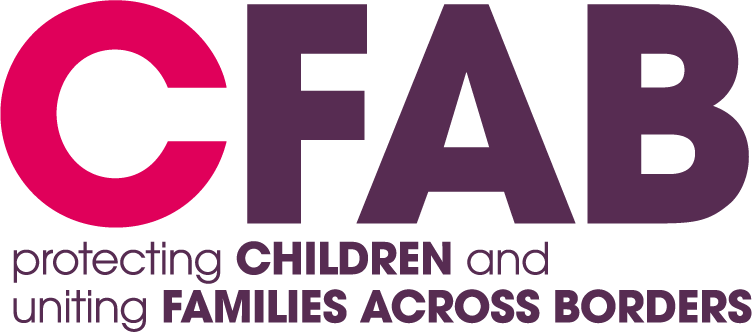The Cultural Family Life Library
CFAB has initiated this project because serious case reviews have highlighted that social work professionals sometimes require further support and training to work with families whose culture or religion differs from their own. Culture-specific training can help inform practice and avoid the risk of inadvertently enabling situations that put some children at risk. Some professionals also feel they lack the tools or confidence to build on cultural strengths, or to question specific cultural practices, potentially hindering better outcomes for children. This is an introductory guide intended for social workers supporting families in the UK. This guide may also be of interest to education, health and legal professionals, supporting children and families from different communities.
An introduction to working with families with heritage from Nigeria
Nigeria, with more than 300 ethnic groups and 500 languages, is one of the most culturally diverse countries in the world and the most populous country in Africa. This introductory guide contains information to help build an understanding of the cultural context within which a family of Nigerian heritage may be operating. However, not everything in this guide will apply to all families. No culture is homogeneous, and culture can be influenced by region, age, gender, class and other factors. As with many countries, culture can vary significantly in different regions, and this is certainly the case for Nigeria. This is not just between the Northern and Southern Protectorates which were amalgamated in 1914, there is also much diversity within the 36 states which make up the 6 geo-political zones.
This introductory guide covers topics including:
- Short history of the Nigerian diaspora in the UK
- Ethnic groups in Nigeria
- Private fostering
- Religion and spirituality
- Food
- Traditional attire
- Family structure and dynamic
- Marriage
- Healthcare
- Communication
- Disability
- Physical chastisement
- Female Genital Mutilation (FGM)
- Working with Nigerian social services
- Perception of social services
- Culturally relevant networks and resources


